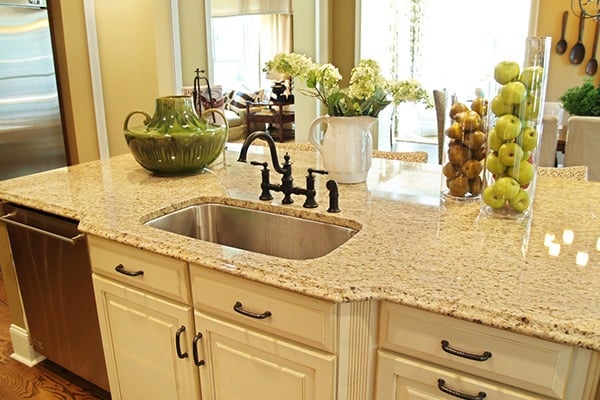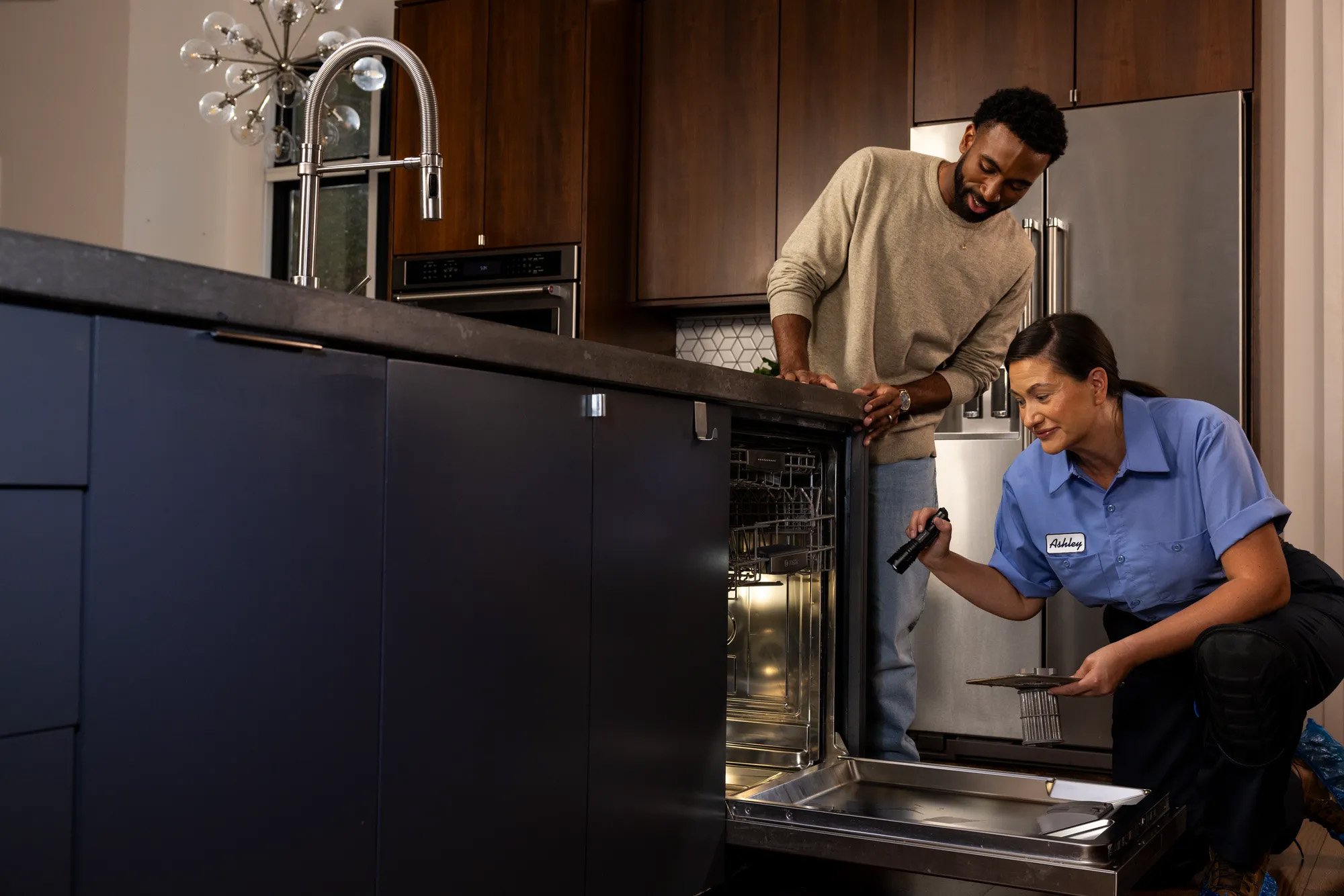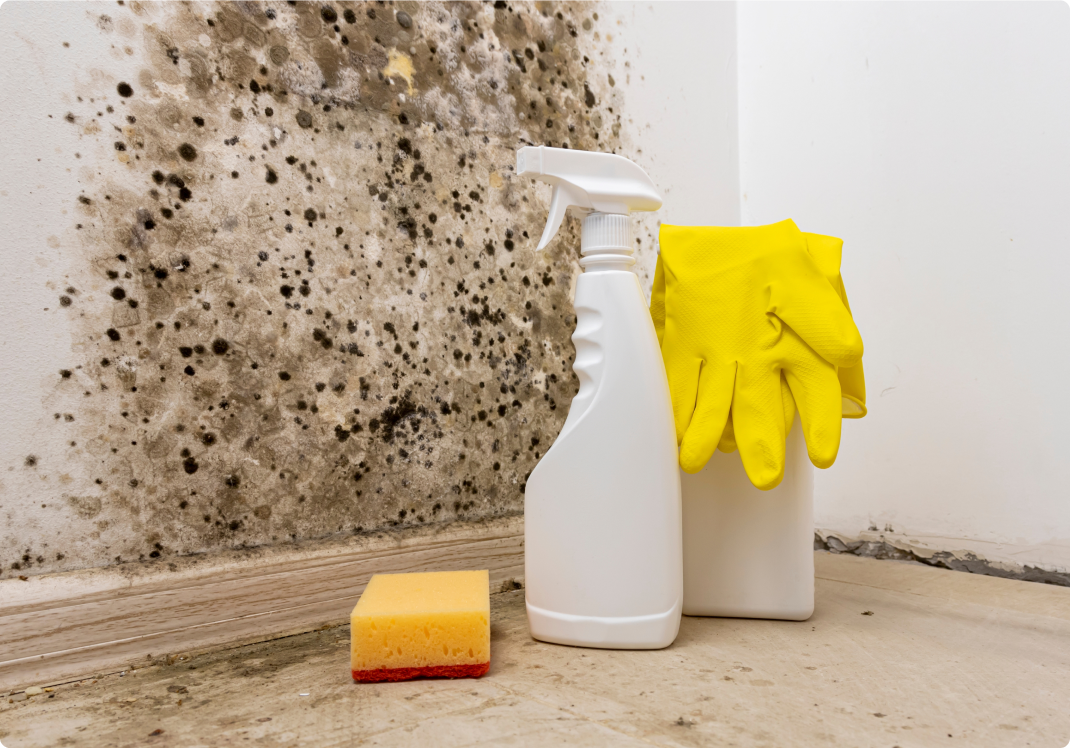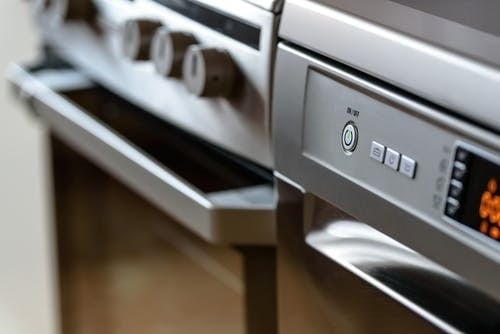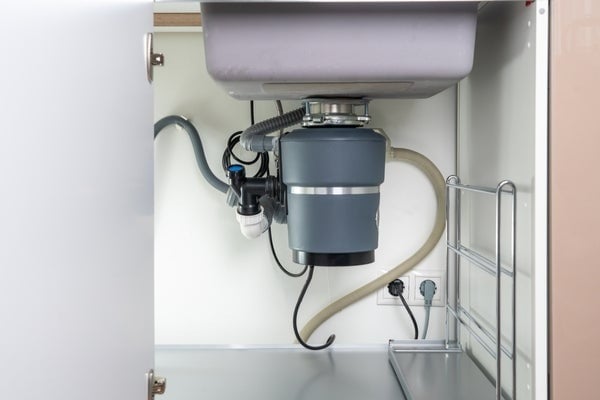How can you keep a lid on your household's garbage and maintain good sanitation throughout your home? There’s only so much stuffing it down in the can you do before it’s time to acknowledge that there must be a better way to make it all fit— that’s where the trash compactor comes in. But what is a garbage compactor, and how does it really work? Let’s dive in and discover why a compactor could be your new favorite kitchen gadget!
What is a trash compactor?
Traditionally installed in your kitchen, a trash compactor is a trash can, but with a difference. This garbage receptacle is equipped with a hydraulic-powered metal ram that crushes your garbage into a small, dense package. This package can then be bagged and easily disposed of in your outdoor garbage can or local waste removal facility.
How do trash compactors work?
Trash compactors are very easy to operate and employ relatively simple components— the metal ram that compresses the waste, the bin that contains the waste, and the electrical switch that powers the unit. Learning how to use a trash compactor is just as simple. Place your waste items into the bin, and when the bin is full, close the receptacle and turn on the compactor. Most modern kitchen compactor models now incorporate additional safety features, such as an alarm that will sound in case of a malfunction or if the bin has been loaded improperly.
Safety tip: Trash compactors are powerful appliances, and you and your family members should follow certain precautions whenever using one. Never use your hands or feet to push trash down into the bin. And never allow children to play near an unsecured trash compactor or operate one unattended.
What are the different types of trash compactors?
Trash compactors vary in size and type, typically measuring between 12 and 15 inches wide, 34 to 35 inches tall, and approximately 24 inches deep. The three main models of trash compactors are:
- Freestanding: These compactors have finished tops that can double as additional counter space, making them versatile and convenient for placement anywhere in the kitchen.
- Under-the-Counter: Designed to be installed between kitchen cabinets, these compactors fit seamlessly into your kitchen layout, similar to how an automatic dishwasher might be installed.
- Convertible: True to their name, these compactors can be installed as either freestanding or under-the-counter units, offering flexibility depending on your kitchen's design and space requirements.
Why should I buy a trash compactor?
By reducing the volume of household waste by up to 75 percent, trash compactors can help you cut back on how frequently you have to empty your garbage. But check out even more benefits:
- Compacted trash takes up less space in municipal dumps and landfills, reducing your household's environmental footprint.
- Trash compactors can help encourage recycling. Some homeowners dedicate their trash compactor to processing recyclable materials, such as aluminum cans, plastic bottles, cardboard boxes, etc.
- Compacting your trash can help you save on waste removal costs, e.g., fees imposed by the city or your homeowner association (HOA) if your household produces so much trash that you need extra outdoor garbage receptacles.
If you do choose to rely on a trash compactor to help make taking out the garbage less of a chore, you'll also want to protect the investment you've made. That means following the manufacturer's instructions for use, acting on problems when you spot them, and performing any recommended preventive maintenance.
